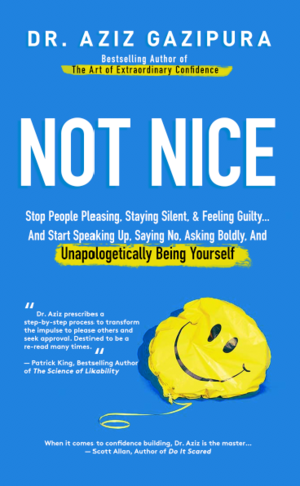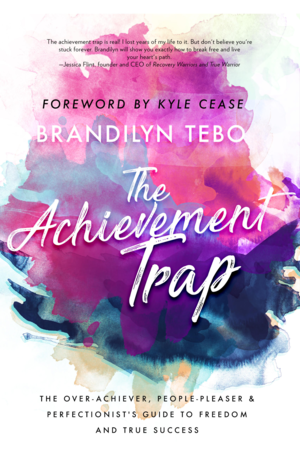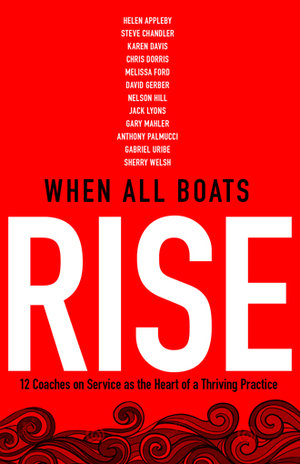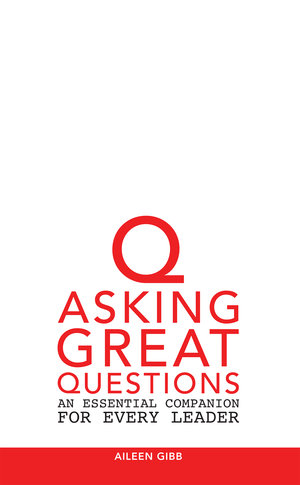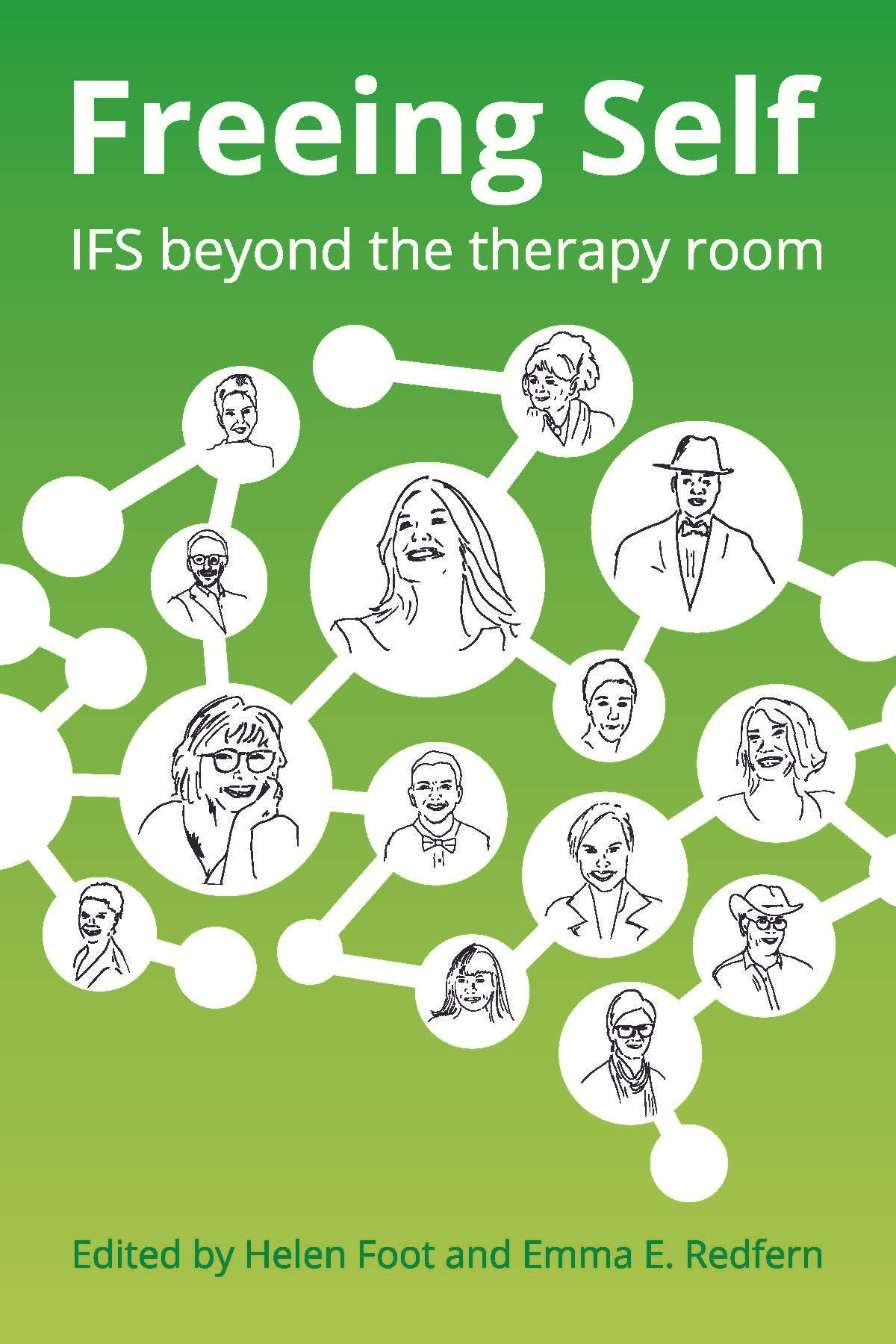

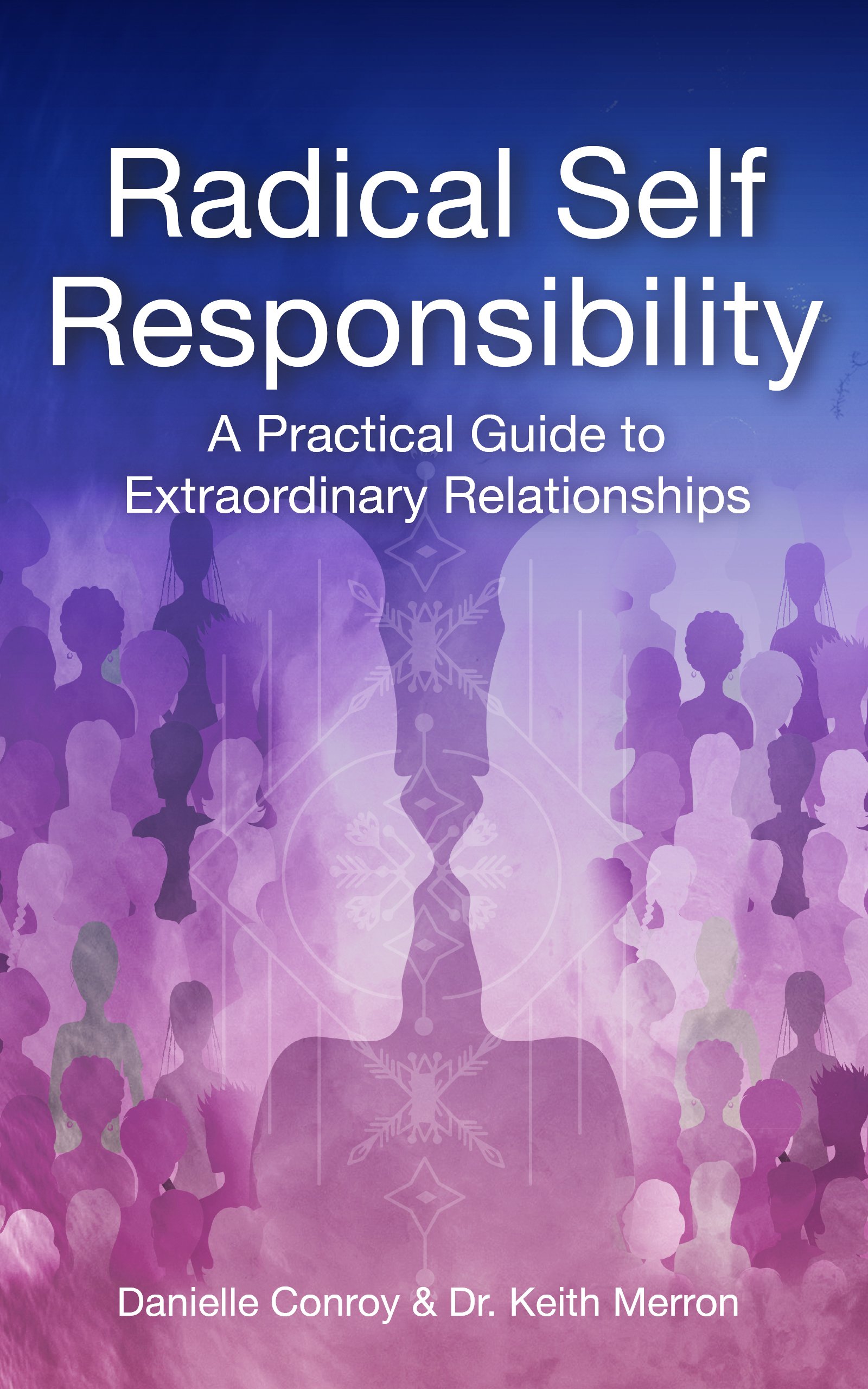

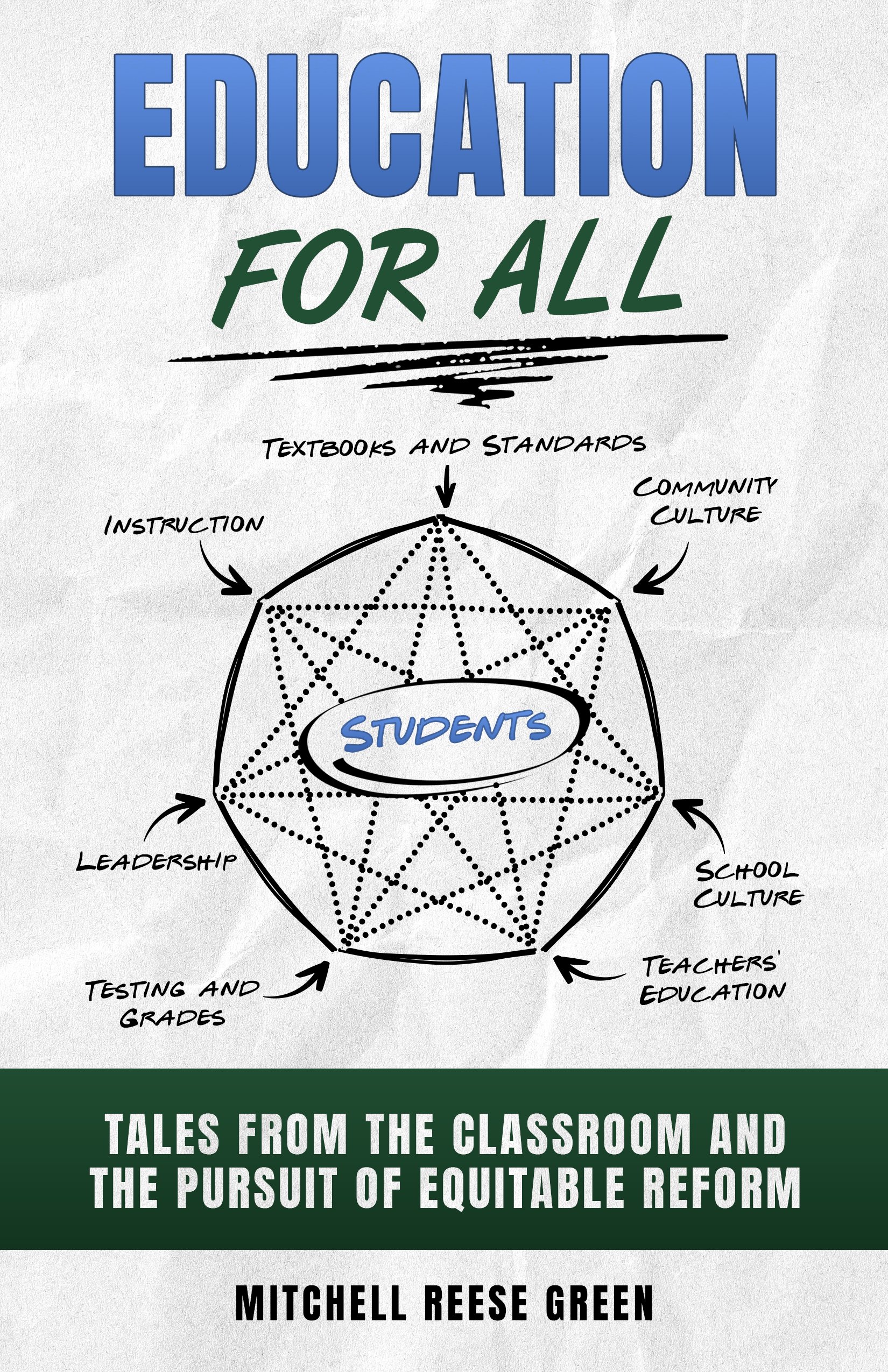


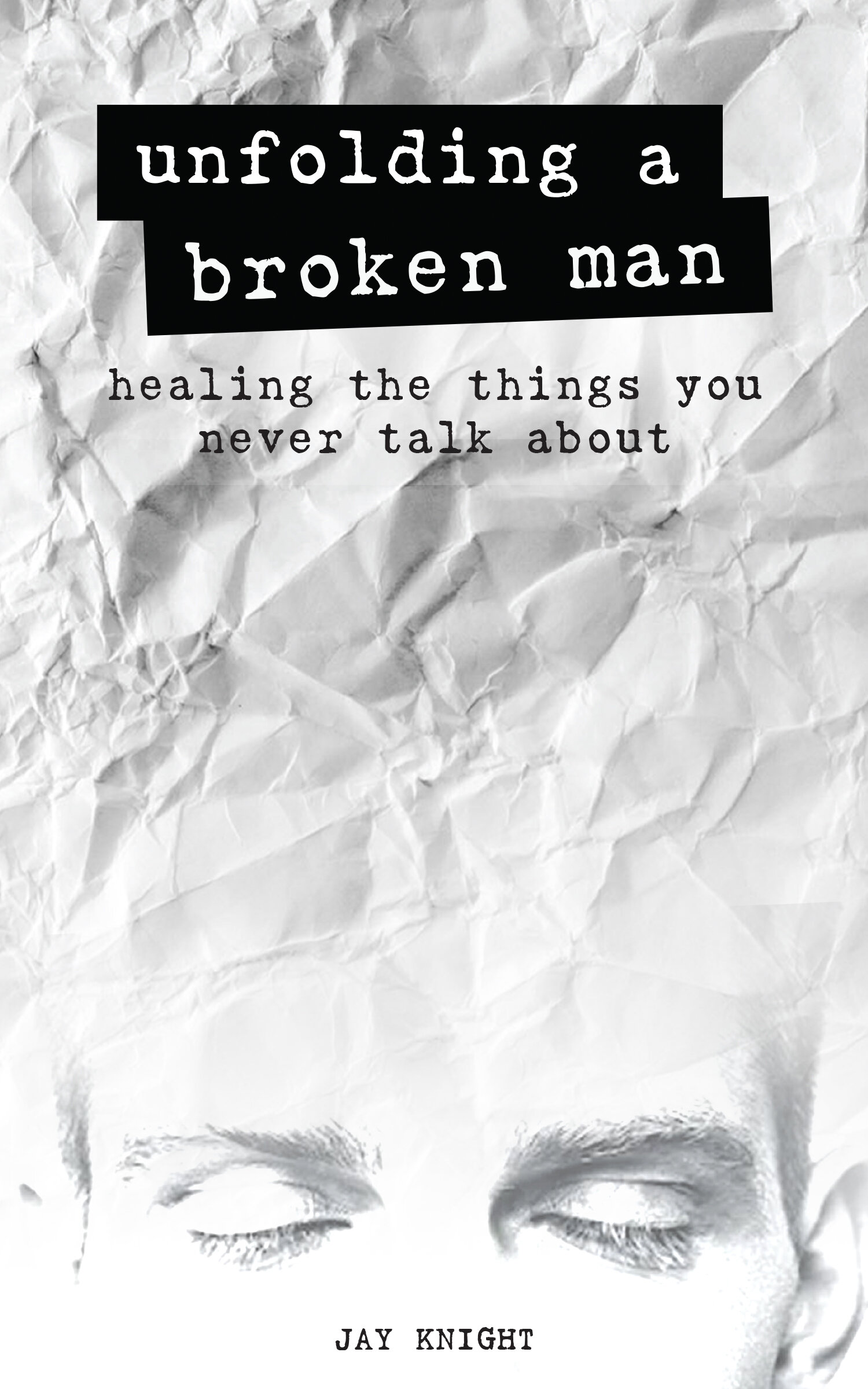
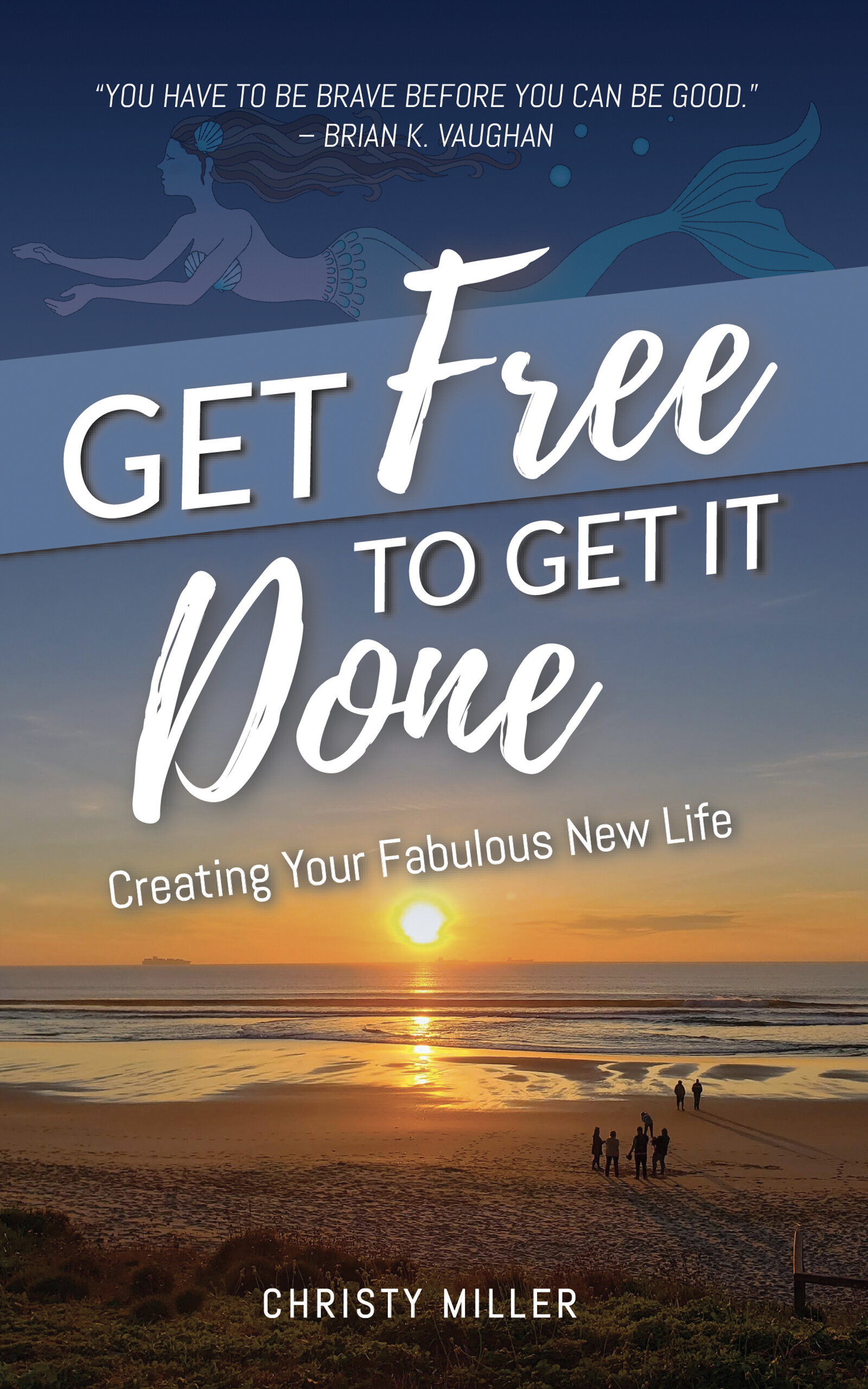
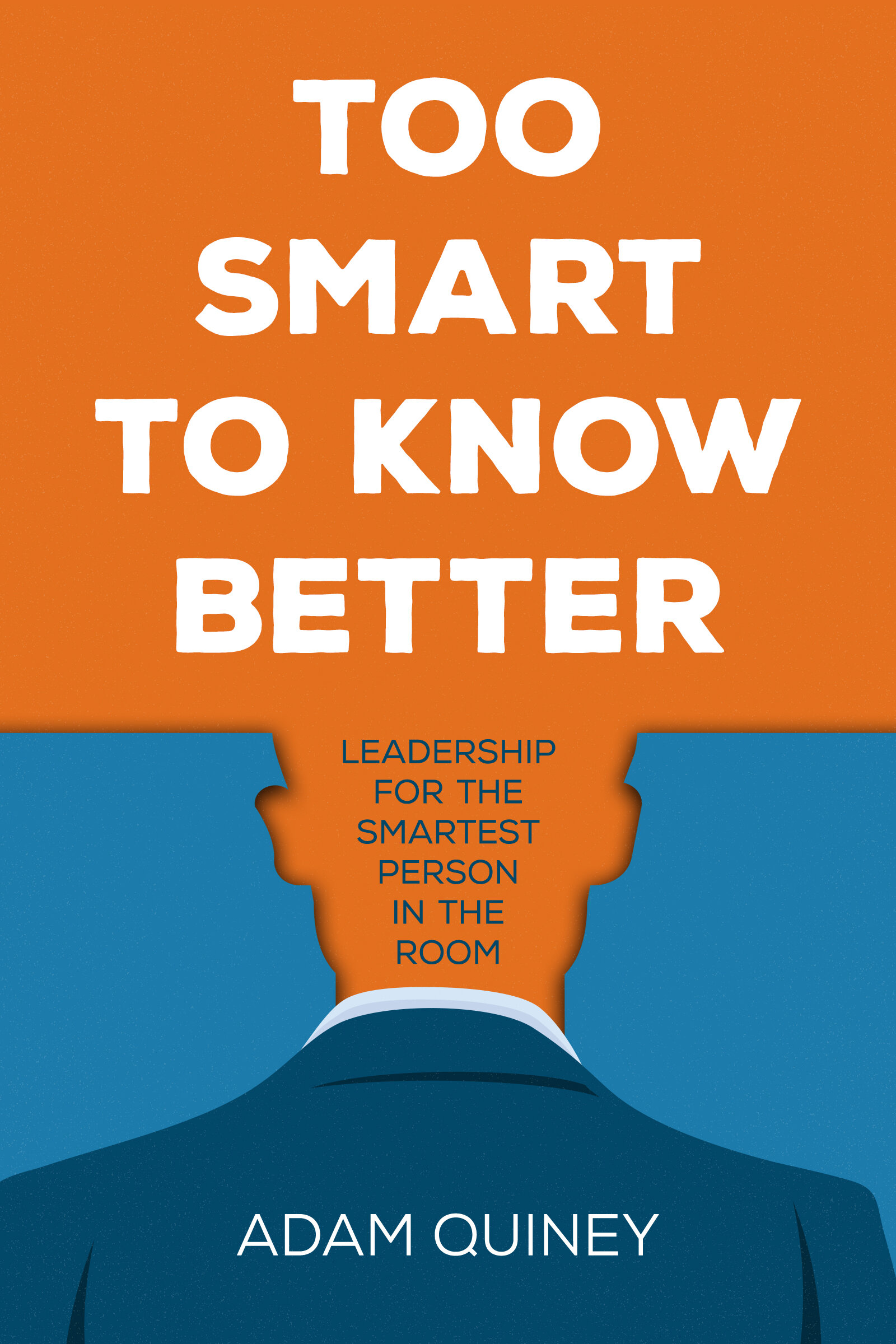
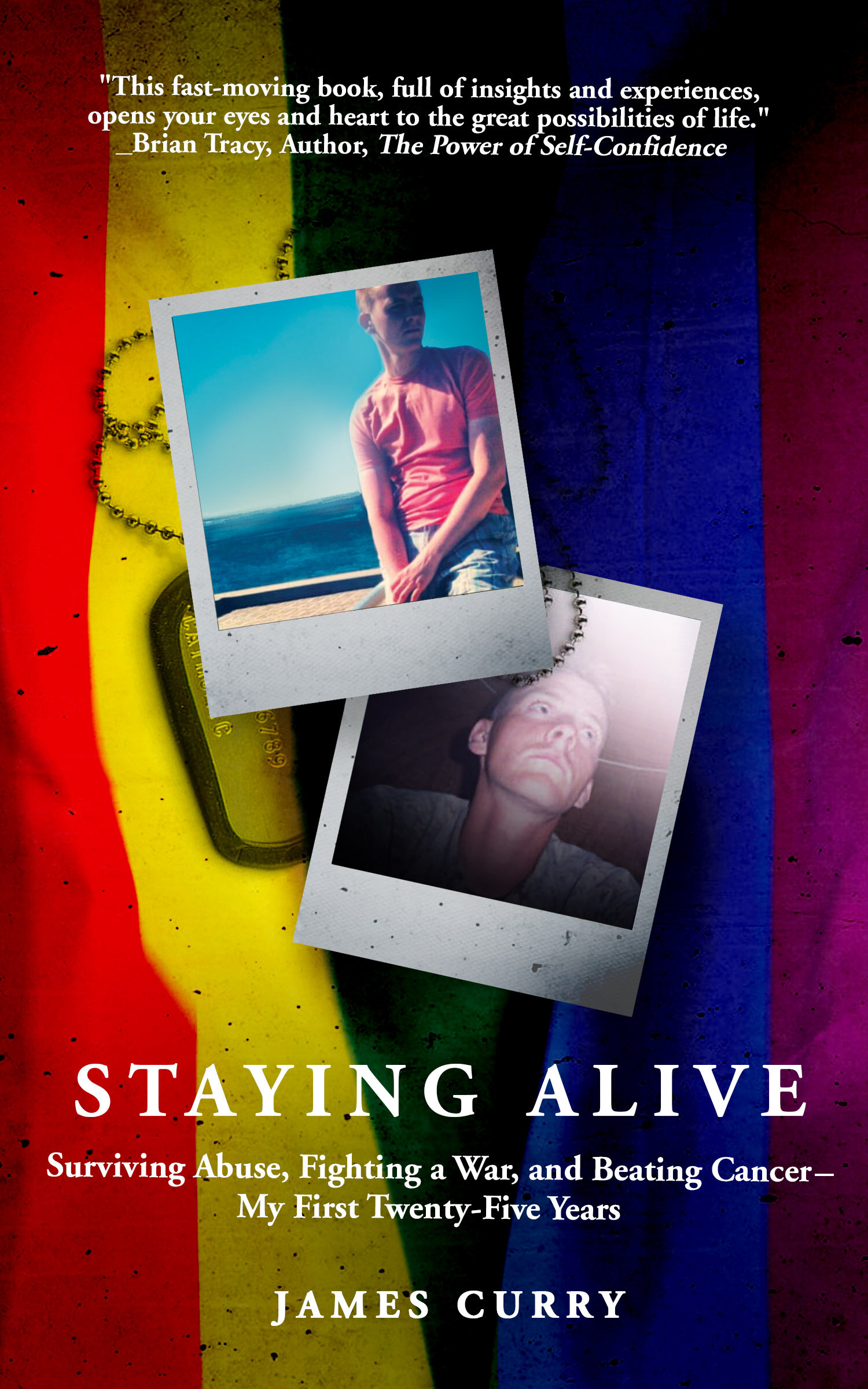
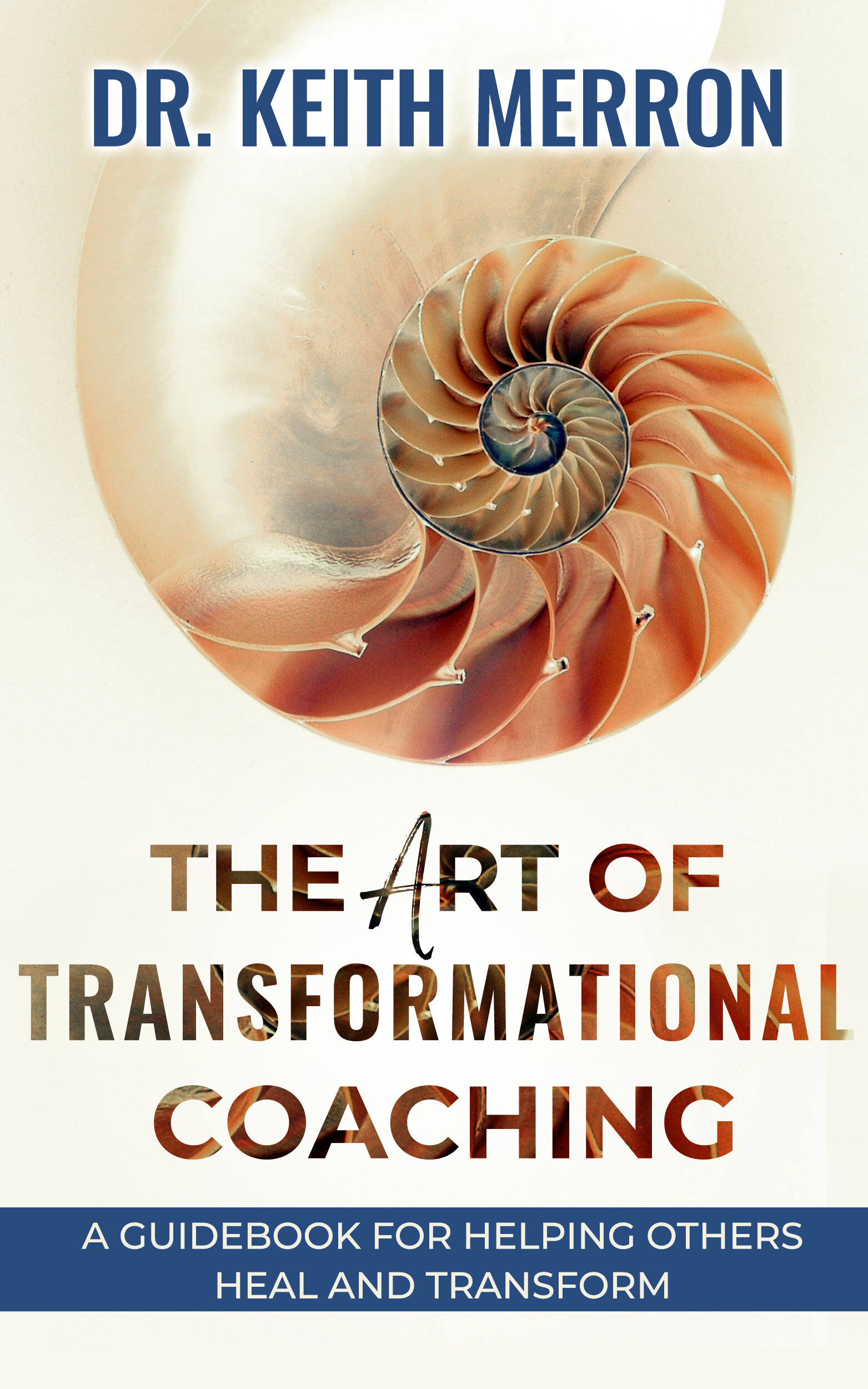
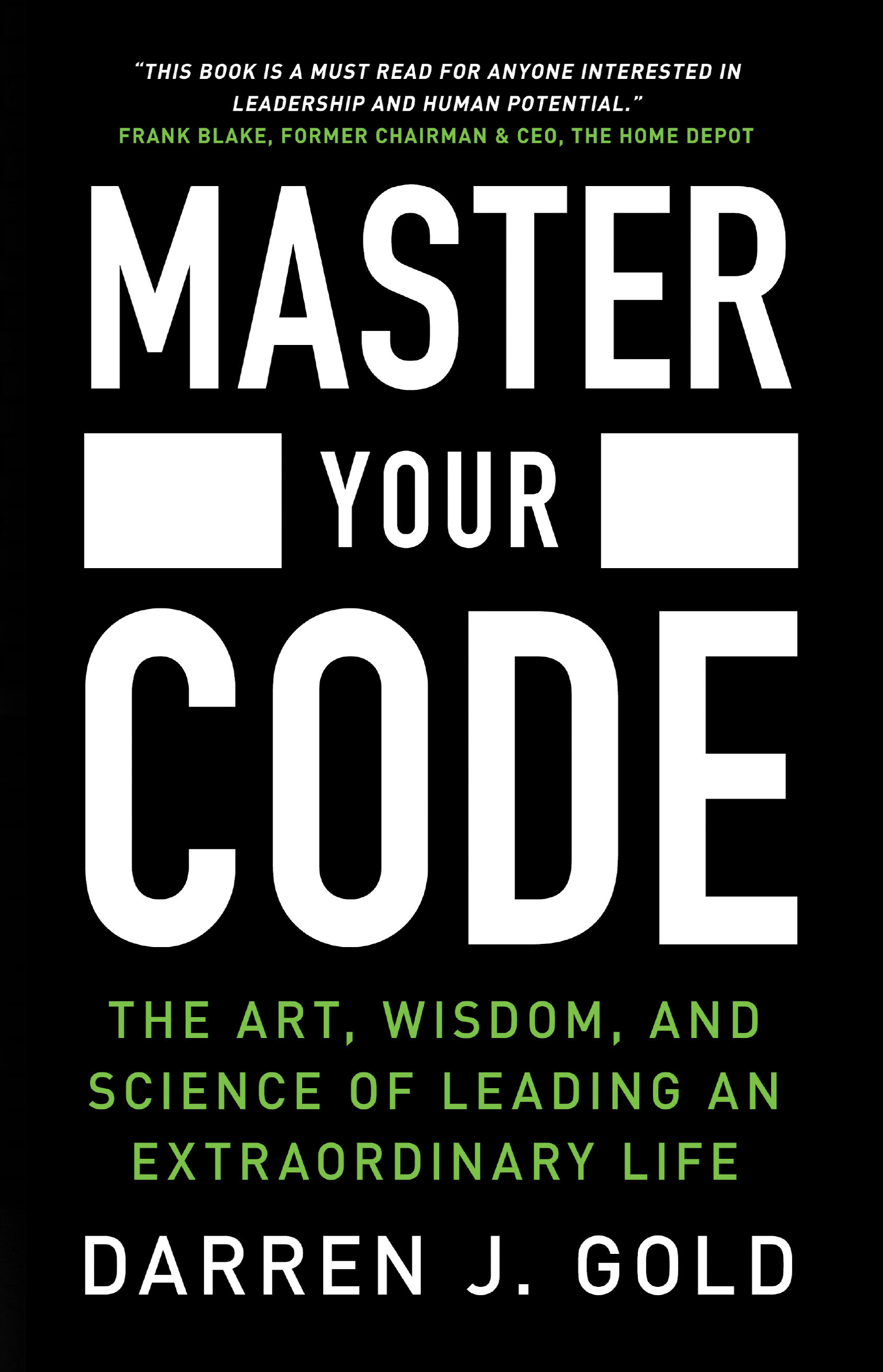
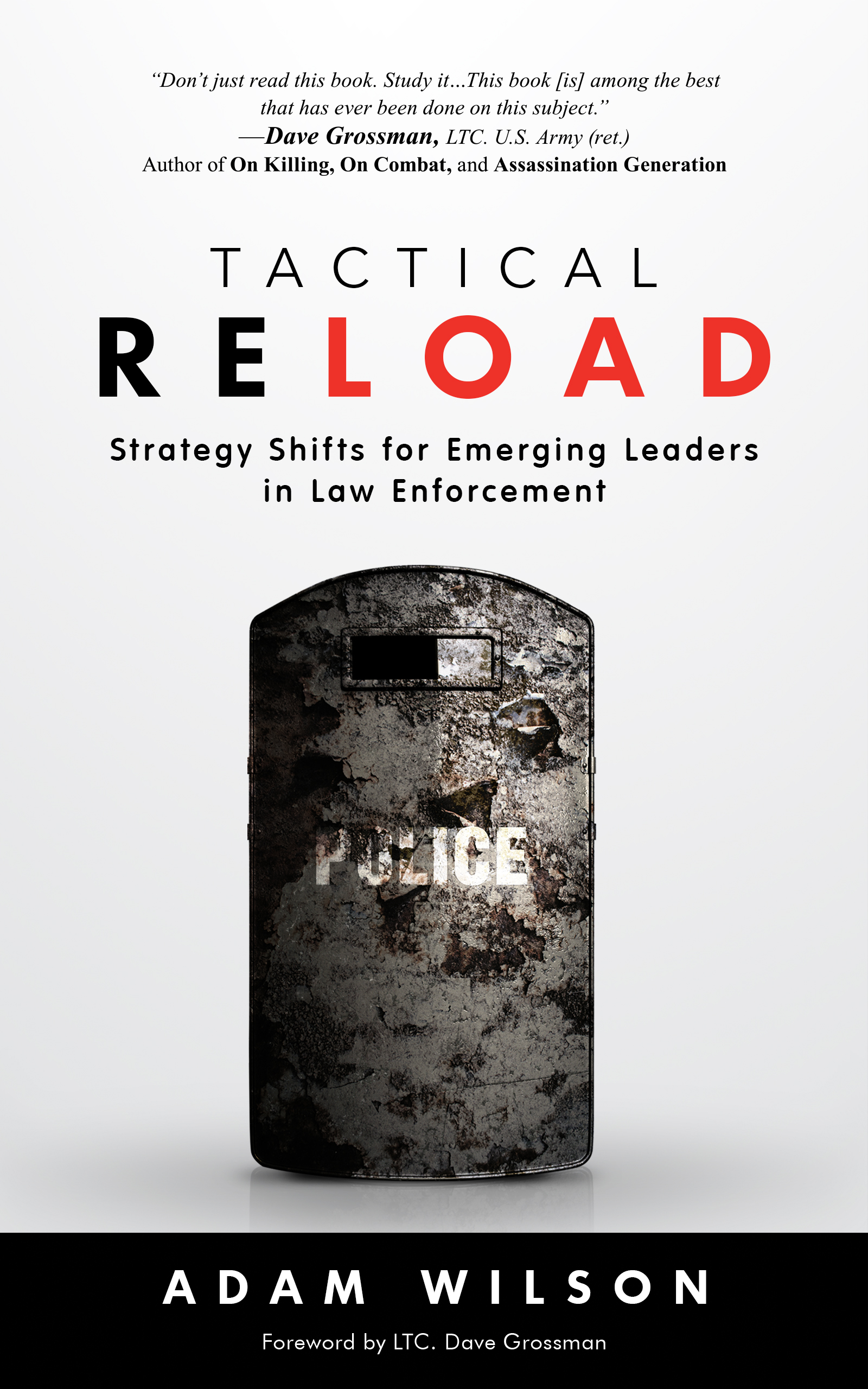
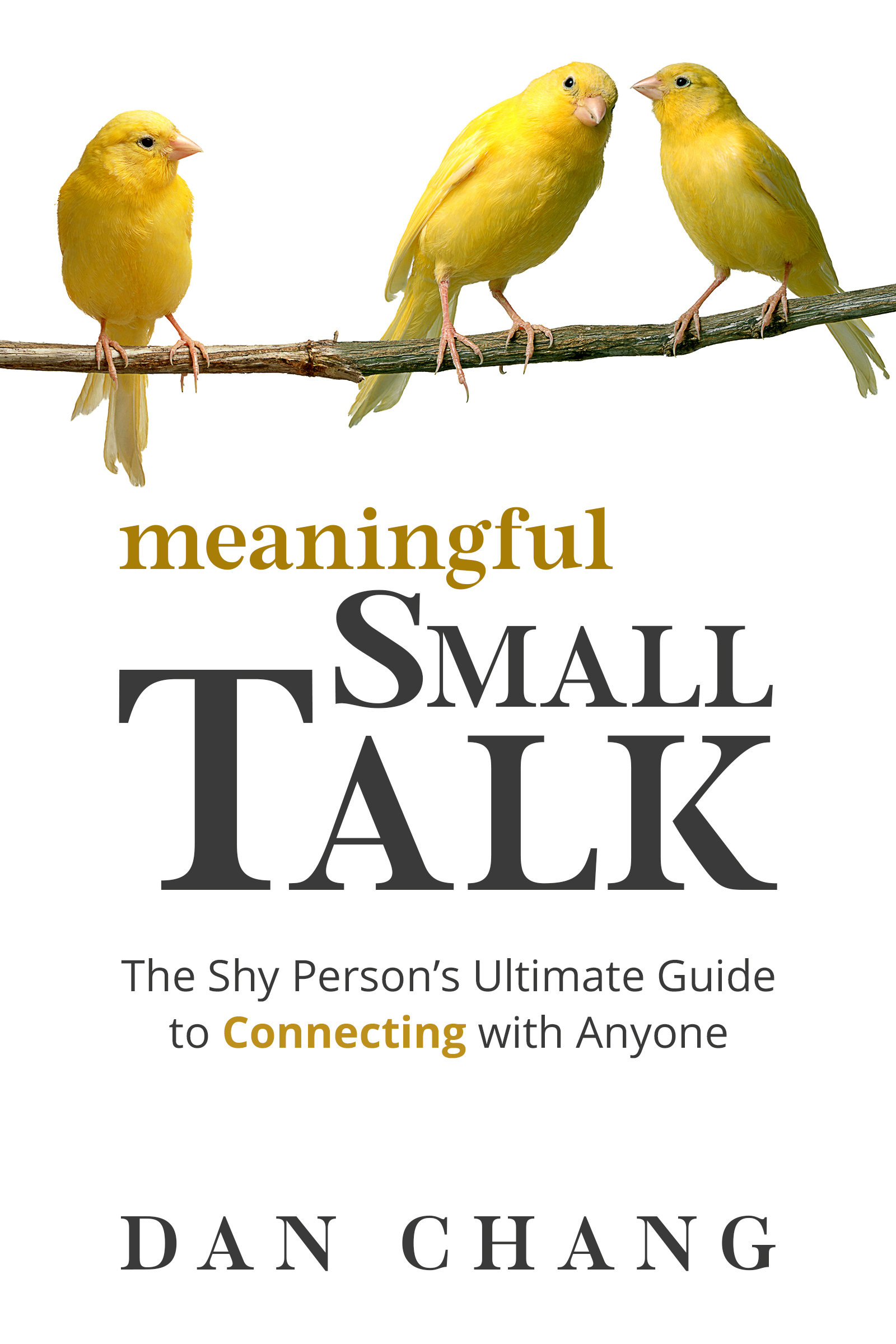
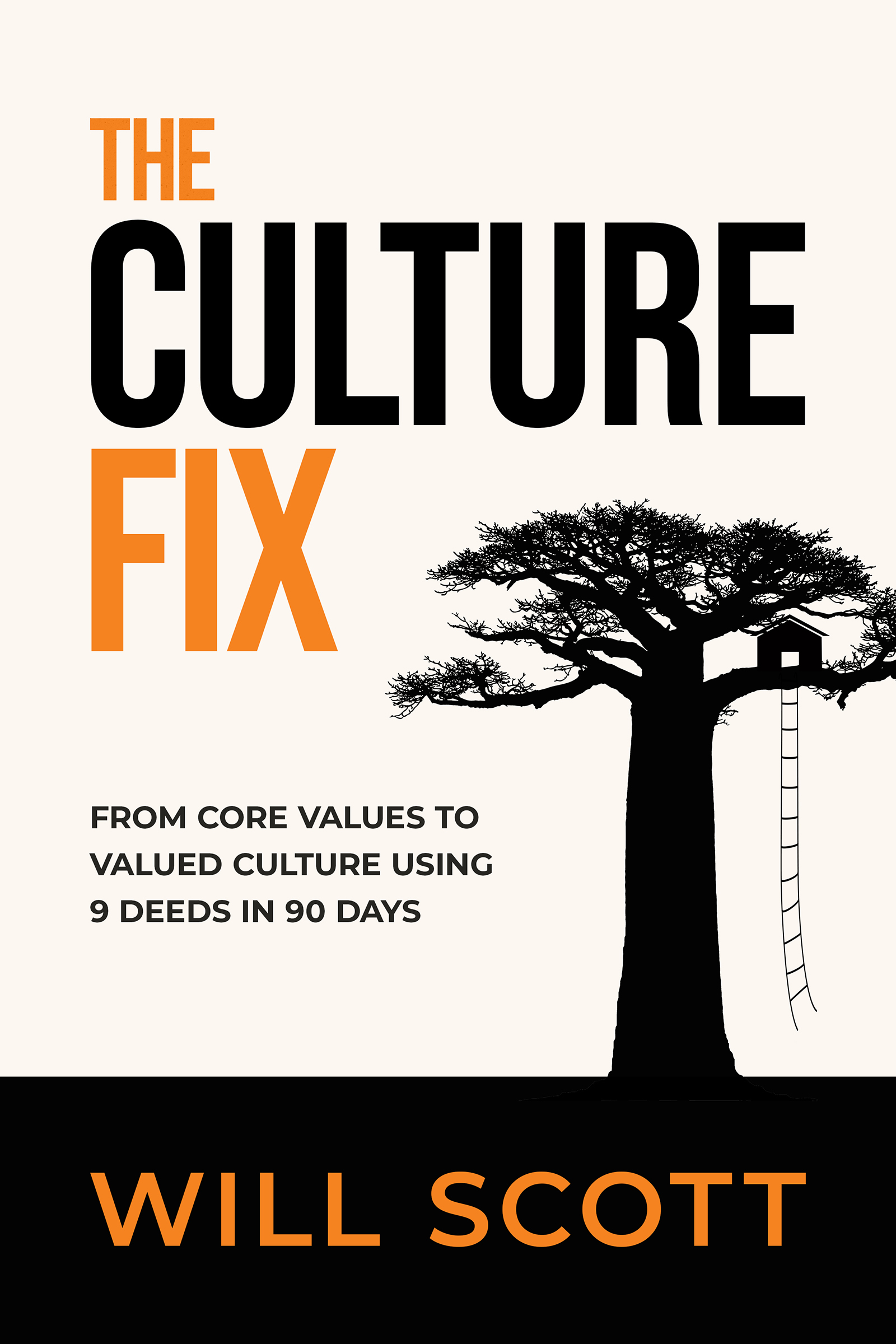
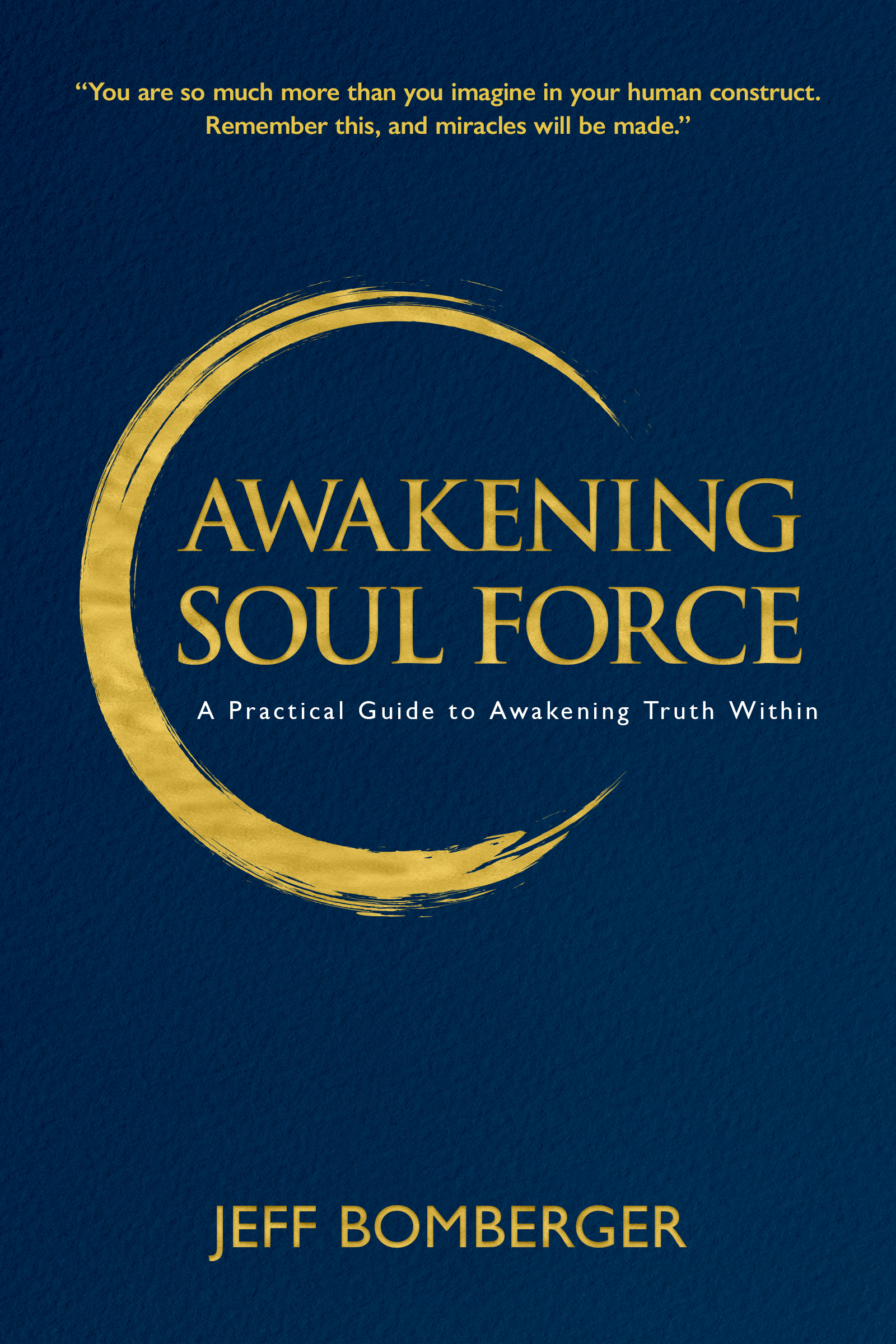
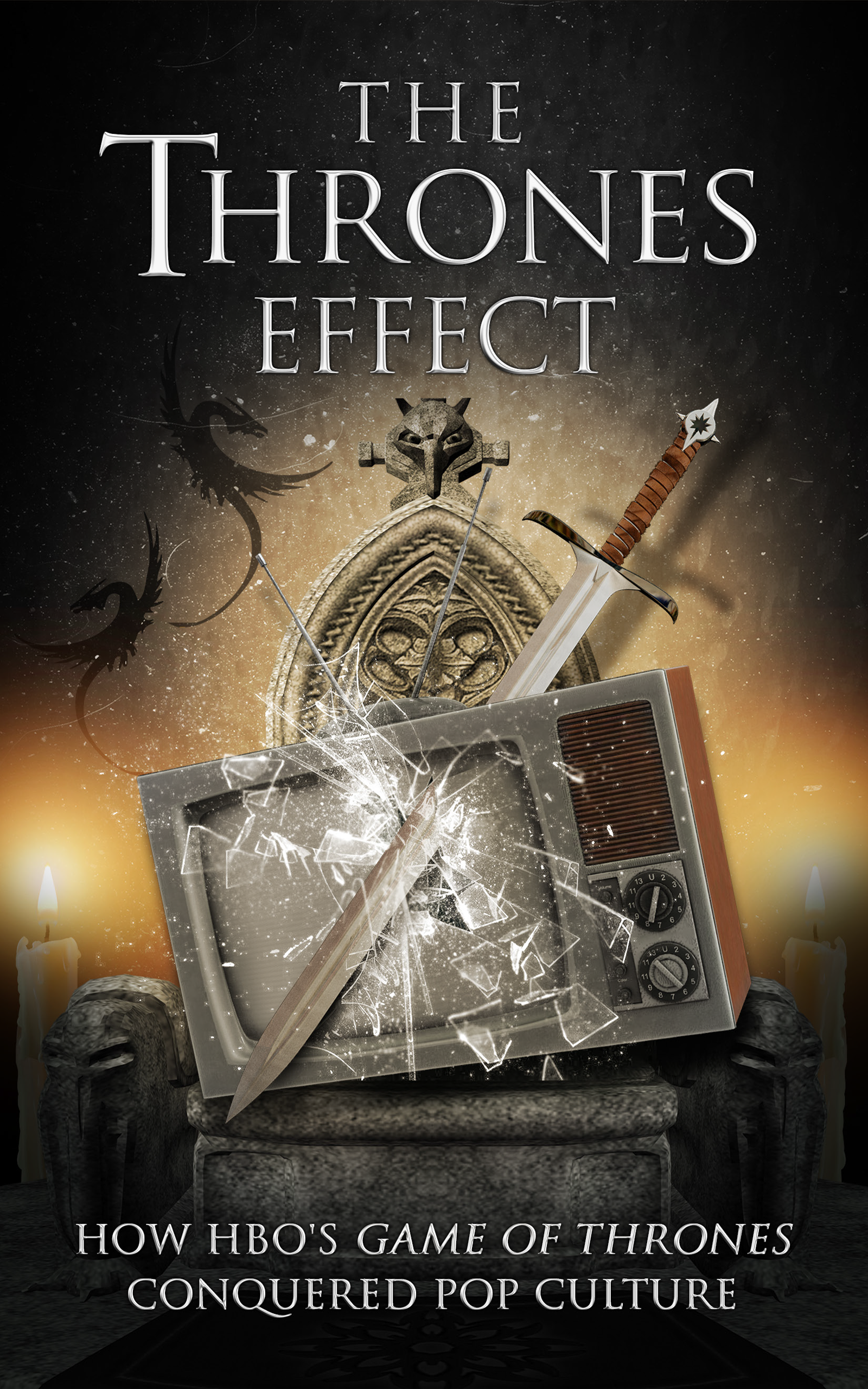
The Thrones Effect
In the past decade, there has never been such a pop culture titan as Game of Thrones. We all now live in the Seven Kingdoms of Westeros, yearn for the Iron Throne, believe in dragons and know the magic word that makes them breathe fire. What is it in the HBO show, spawned by George R. R. Martin's A Song of Ice and Fire series of fantasy novels, that has propelled it into the cultural Hall of Fame and made it such a global phenomenon, with loyal fans from all nationalities, cultures, ages, genders, and even tastes? Game of Thrones has made fantasy, once relegated into a subgenre, mainstream and cool, and its characters, scenes, themes, and quotes have permeated into our twenty-first culture.
Whether winter is coming or going, we live and breathe Game of Thrones 365 days a year. We are YouTube content creators, podcasters, writers, novelists, designers, teachers, professors, techies, and therapists, and we have collaborated on this book after dedicating much of the past decade to better understanding and appreciating Game of Thrones. We are the swords in the darkness and the watchers on the walls. We’ve built community followings of nearly one million people from all over the world to discuss and expand on this pop-culture phenomenon, and this is our ultimate and complete analysis of this incredible story.
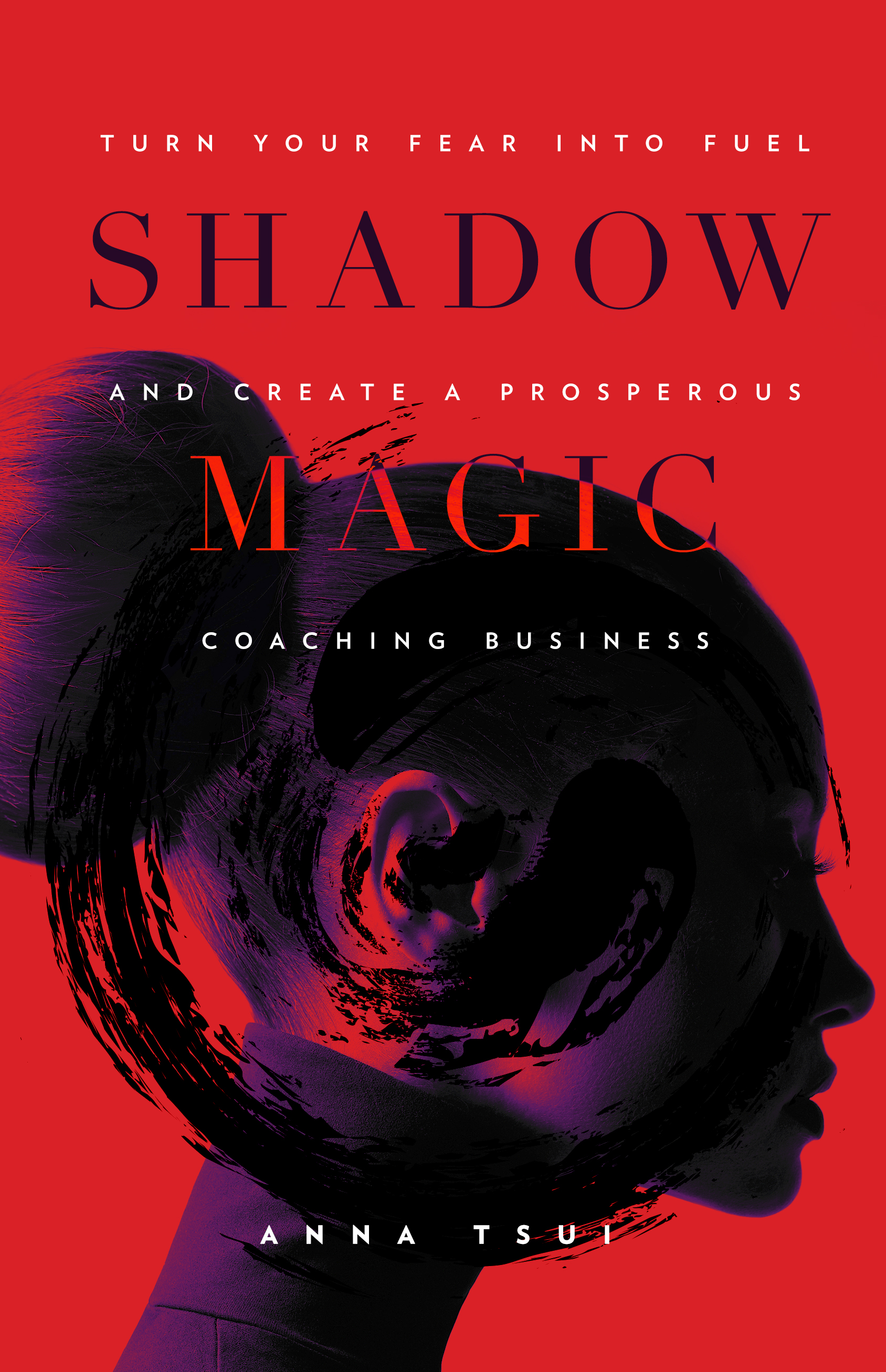
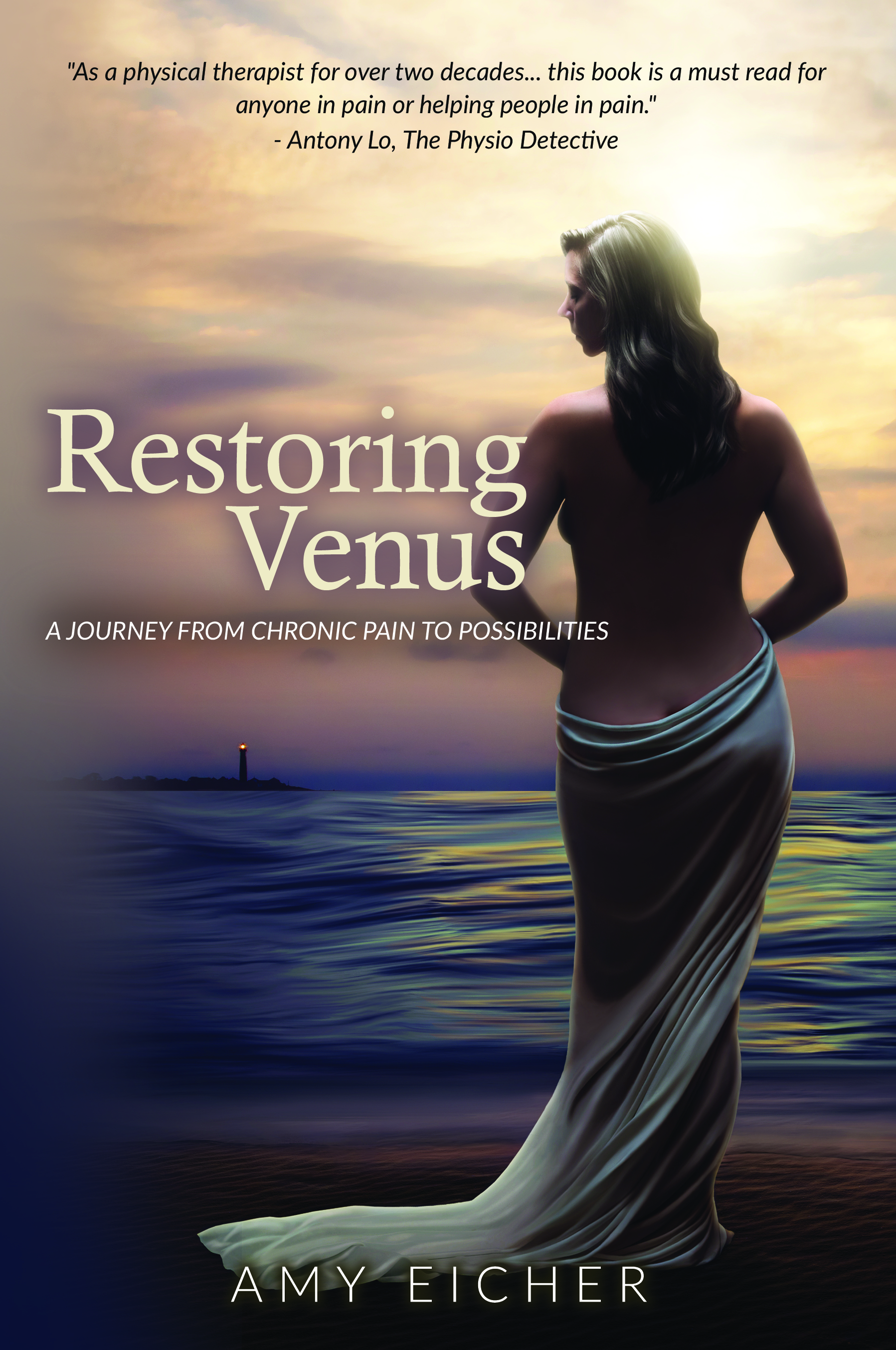
Restoring Venus
One moment she was gliding through water training for an NCAA swimming competition. The next moment she was writhing in pain on the tiled deck of the college pool.
Had a simple flip turn destroyed Amy Eicher’s athletic dreams? Or would her eighteen-year quest to overcome debilitating pain be an initiation that would lead to her true calling? In her memoir, Restoring Venus, Eicher recounts the emotional setbacks, a questionable surgery and sexual abuse by a Christian youth group leader that ultimately shaped her understanding of pain and enabled her unique approach to renewing her health.
Her confrontations with physicians who doubted her pain (“It’s all in your head”) are told with raw candor. Her saving grace arrives when a gifted physical therapist promises to restore her. Although the first attempt fails, the persistence of both eventually brings Eicher back to life as a mother, public speaker / pain coach, and competitive swimmer.
“Although my burial did not last quite as long as Venus de Milo’s, my disappearance from family and social life felt like an eternal curse.”
Eicher’s compassion for the plight of people living with chronic pain is evident in the narrative, which compares the limits of the biomechanical medical approach with the success she has found with a biopsychosocial understanding for the experience of pain.
Among her breakthroughs was mastering the art of listening to the diverse stories of patients. By trusting that traumatized hearts and minds may harm lives as surely as broken bones, Eicher came to understand how her own emotional history and a damaging secret contributed to her travail and absolution.













